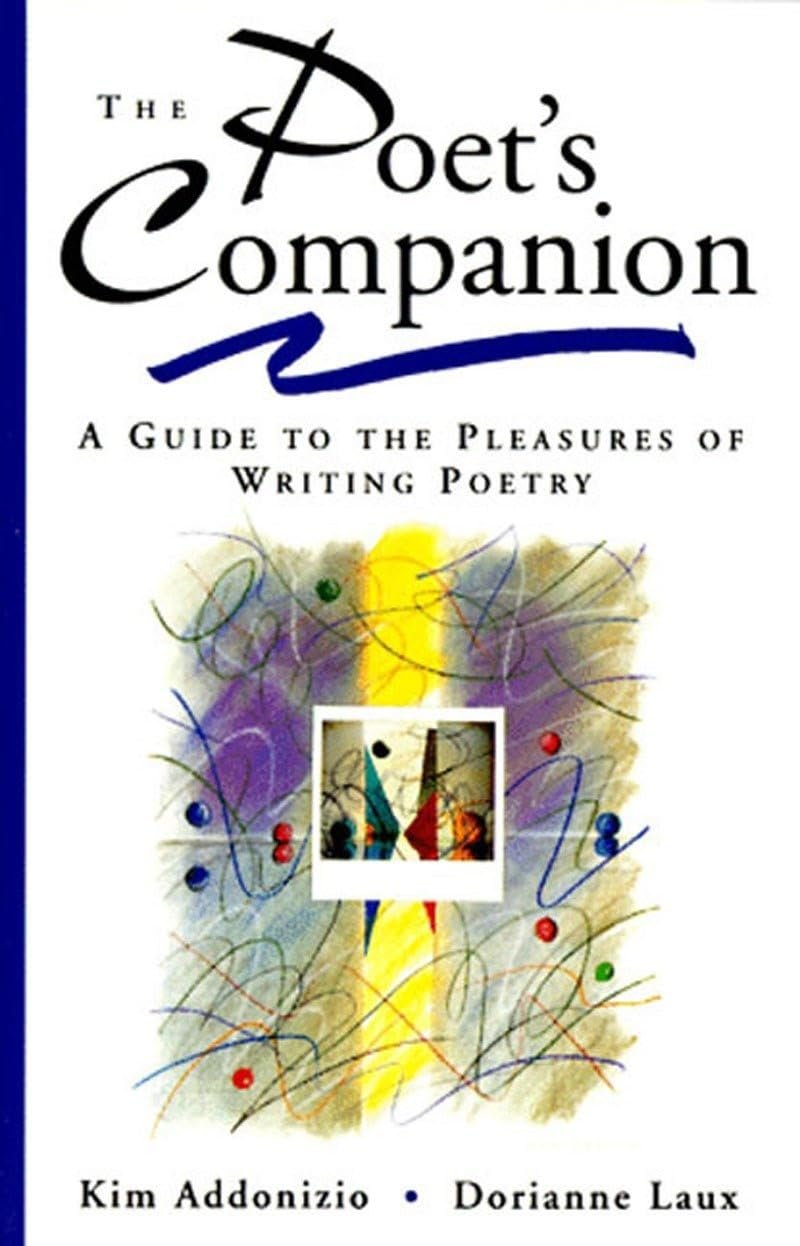
02 Jul Navigating Verses: A Deep Dive into “The Poet’s Companion”
The Poet’s Companion: A Guide to the Pleasures of Writing Poetry – A Review
There’s something inherently alluring about poetry. It’s a realm where emotions meet language, where the ordinary can be transformed into something profound. When I stumbled upon The Poet’s Companion: A Guide to the Pleasures of Writing Poetry by Dorianne Laux and Kim Addonizio, I felt a spark of curiosity. The title hinted at a nurturing guide, a friend to accompany me on my poetic journey—something I realized I desperately needed.
At its heart, The Poet’s Companion is a treasure trove of insightful essays, practical advice, and inspiring writing exercises. Laux and Addonizio cover essential aspects of writing—everything from structure, imagery, and sound to those pesky moments of self-doubt and writer’s block that can feel insurmountable. The authors’ candid discussions about the ups and downs of a writer’s life resonated deeply with me. Their authenticity made me feel less alone in my struggles, as if they were sitting right across from me, offering guidance over coffee.
One of the key themes in the book is the celebration of the imperfect journey of writing. Laux eloquently writes about how poetry is shaped by both joy and pain, and how embracing these experiences can fuel creativity. This perspective reminded me of my own creative process, often messy and unpredictable, yet always rewarding when I allow myself to explore the depths of my emotions. The authors’ approach is conversational and relatable; they speak to you as if you’re sitting together in a cozy corner of your favorite café, making it an easy read even for those who may not consider themselves "poets."
The book is peppered with practical exercises, many of which I found invigorating. After sitting down with one of their prompts, I was surprised at how quickly ideas flowed, each word spilling onto the page—each exercise a fresh push to explore new realms of imagination. In one section, the authors even address writing erotic poetry, striking a chord of bravery and honesty that sparked my own creativity. This encouragement to delve into the full spectrum of human experience is a refreshing reinforcement that poetry isn’t merely about beauty; it’s also about raw, unfiltered truth.
One standout quote that has since become my mantra is, “You are not writing for the world; you are writing for yourself.” This reminder ultimately underscores the importance of authenticity in creativity. It has changed my approach to writing, encouraging me to put aside the fear of judgment and simply express.
In conclusion, The Poet’s Companion is more than just a guide; it’s like having a mentor whispering encouragement in your ear. It is perfect for anyone—from beginners to seasoned poets—seeking inspiration and practical advice to hone their craft. This book has not only energized my writing but also renewed my love affair with poetry itself. So, if you find yourself yearning to explore the beauty and complexity of poetry, I can’t recommend The Poet’s Companion enough. Whether you’re in search of inspiration or practical tips, this book might just become your new favorite companion on your creative adventure.
You can find The Poet’s Companion: A Guide to the Pleasures of Writing Poetry here >>









